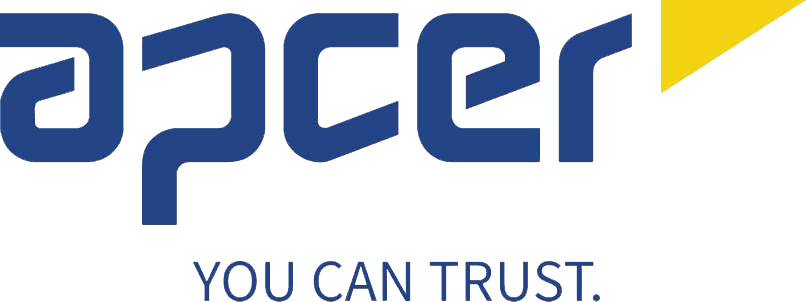The Hazard Analysis and Critical Control Points (HACCP) is a preventive food safety control system which is applicable at any stage of the food chain and which is based on seven principles:
- Hazard analysis
- Determination of critical control points (CCPs)
- Establishment of critical limits for each CCP
- Establishment of monitoring procedures for CCPs
- Establishment of corrective actions to be taken when a CCP is outside critical limits
- Establishment of systems for recording and archiving data which document these principles and their assessment
- Establishment of verification procedures which demonstrate that the HACCP system operates effectively
The Codex Alimentarius follows the food chain from primary production to the end consumer, defining the hygiene conditions needed for the production of safe and adequate food for consumption, and establishes the Hazard Analysis and Critical Control Points (HACCP) methodology as well as Guidelines for its Application.














